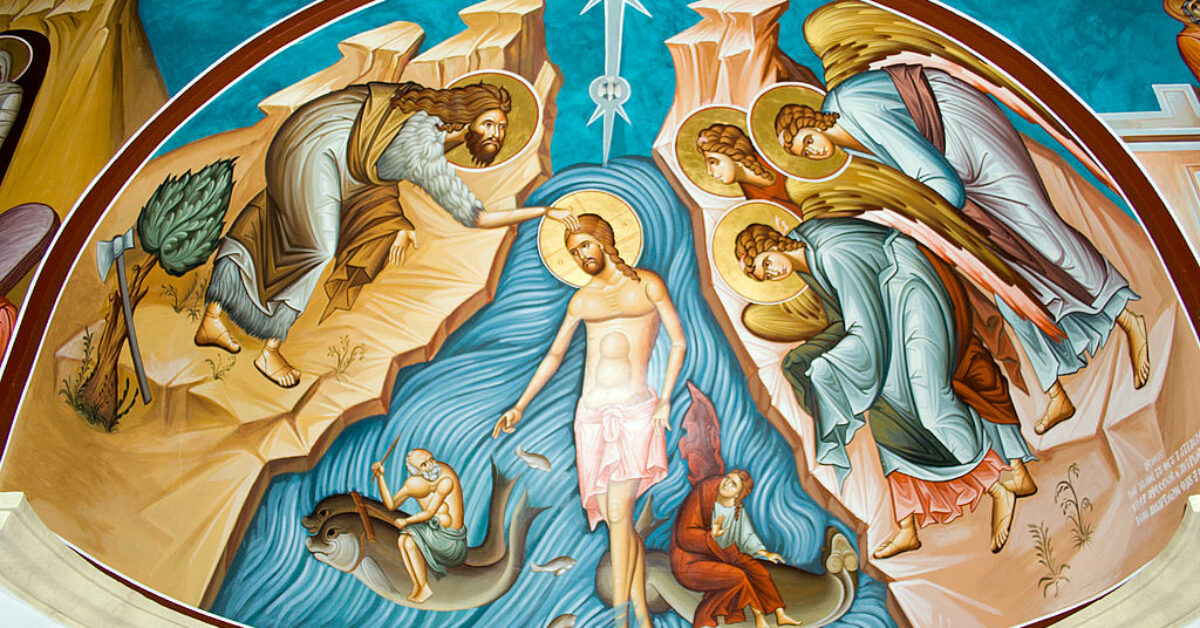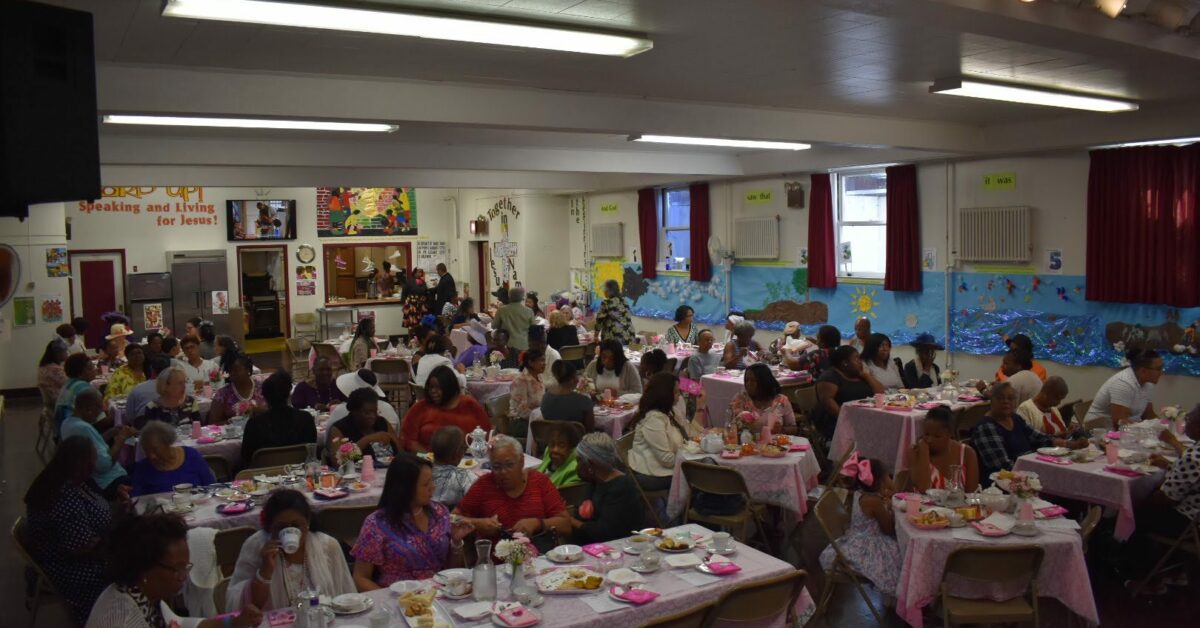Catechumenate Formation for Pastors and Deaconesses-to-Be: Immediacy of Baptism and Implementing the Catechumenate
Throughout the course over the last two years two issues have surfaced repeatedly: immediacy of baptism and implementation of the catechumenate. Some brief observations on both of those issues. Certainly, the desire for immediacy of baptism with adult candidates reflects the priority of the gospel and the gifts that God gives in baptism. We want people to have those gifts. It also reflects that infant baptism—baptism soon after physical birth— currently is the primary paradigm through which we view the baptism of others, especially adults. But adult baptism is best seen through its own paradigm. When seen through the lens of incorporation into the entire story of God in Christ and into the body of Christ in a particular place, then the Word before baptism plays a central role in forming the disciple toward baptism as a pinnacle event in the adult disciple’s ongoing life. Baptism is an encounter with the crucified and living Christ. The adult should have cognizance of who Jesus is before they come to the waters of baptism. They should have some familiarity with the body of Christ into which they are being incorporated. The ministry of the Word—that is always connected to baptism—provides that formation. Waiting as part of a pattern of eschatological waiting is a formative practice. The adult disciple is formed by life in the Word so that they can fully apprehend—as an adult—what God is doing to them in their baptism.
Regarding implementation, three words: Just do it. You have to risk, just try something. It doesn’t mean you have to lay out in the first year an entire adult catechumenate. That boat probably would sink. But just try something and then you can build on that. In many of the parishes we have worked with that have started a catechumenate they take those small steps the first year. They incorporate a weekly meal into their current adult instruction. They use one of the Scripture study methods, such as the African study method, with their elders first and then begin to use it with the catechumens. They incorporate other modes of teaching into their catechesis such as small group reflection. They implement the use of sponsors for adults. It’s not all of these things, but one or two of these kinds of things in the first year to get the ball rolling. This begins to implant these patterns into the congregation’s consciousness and lays the foundation for them becoming the pattern of the congregation’s life.
Interesting that waiting and patience are part of both the adult baptismal experience and the implementation of the catechumenate. It is formation that reflects Paul’s words in Romans 8:24-25: “But hope that is seen is no hope at all. Who hopes for what they already have? But if we hope for what we do not yet have, we wait for it patiently.”



